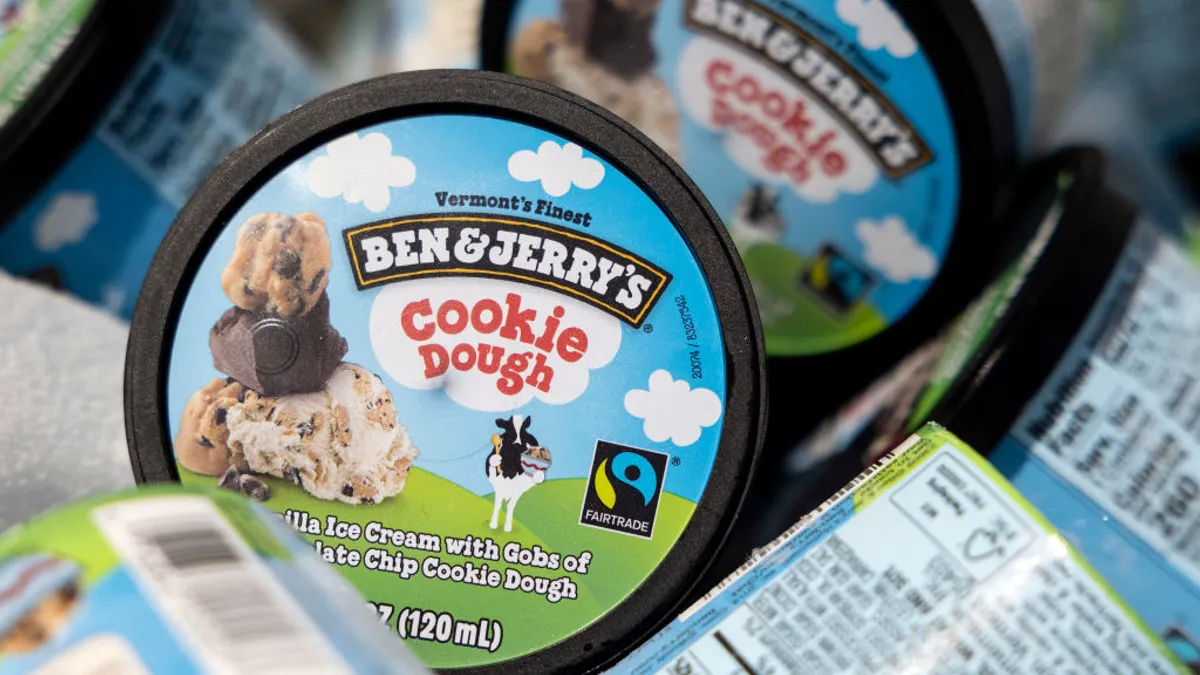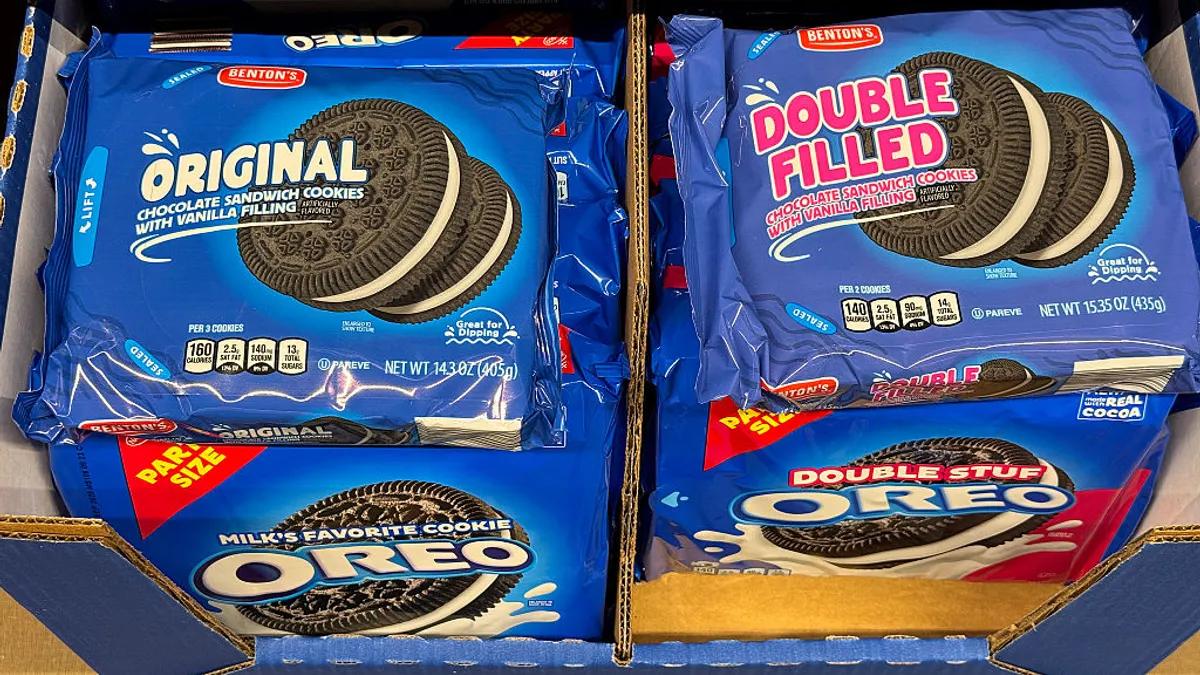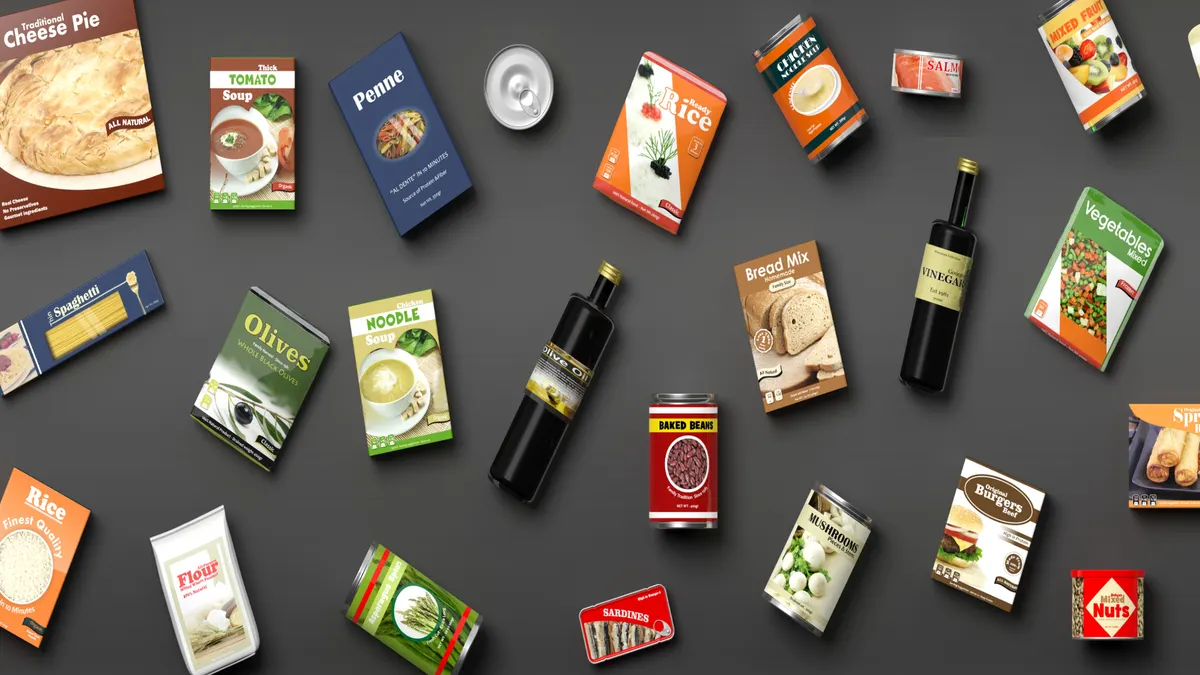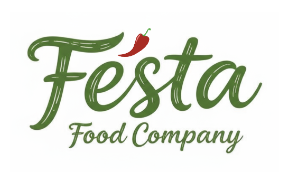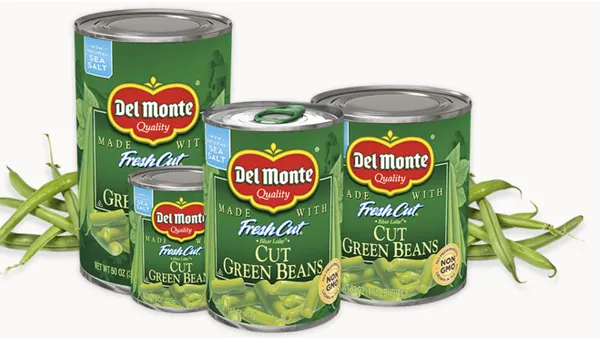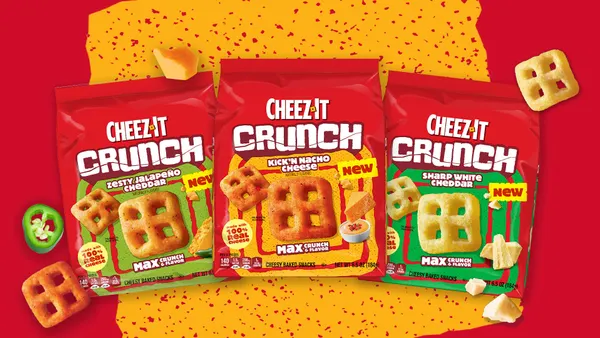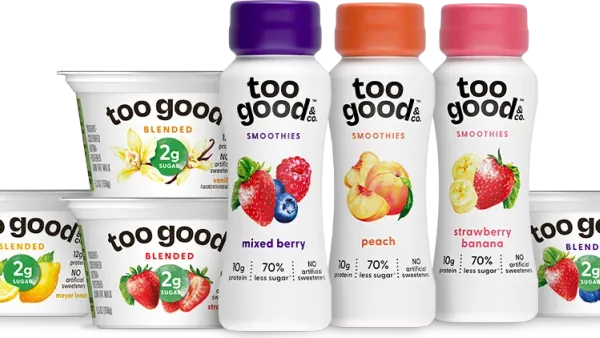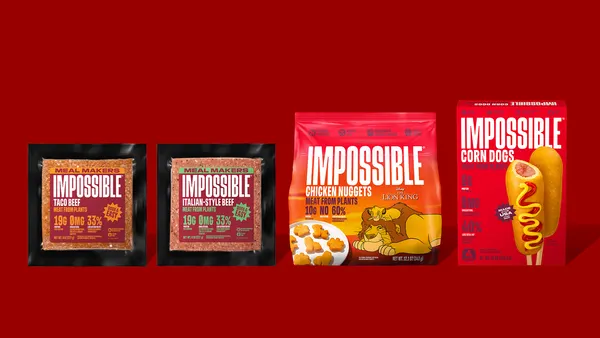Editor’s Note: This story has been updated to note that Unilever’s spinoff of Magnum has been delayed due to the U.S. government shutdown. Read more here.
As The Magnum Ice Cream Company prepares to be spun off from Unilever next month, a top executive said the Talenti and Klondike owner will be ideally positioned to compete in what has become a fiercely competitive industry.
Magnum, which generated $9.3 billion in revenue last year, will immediately become the world’s biggest company focused only on ice cream once it separates from Unilever, which is expected to take place later this year. A major portion of Magnum’s sales will be generated in the U.S., its biggest market.
Once relegated to just a handful of deep-pocketed ice cream makers, the frozen novelty space has seen an influx of new players. Major ice cream manufacturers now are going head-to-head with cookie, confection and other companies that have brought their brands into the frozen category.
At the same time, ice cream, a treat long viewed as an indulgent offering, has expanded its aperture to include dozens of better-for-you options with no sugar, high protein, probiotics and other healthy attributes. Today, the segment is valued at more than $19 billion in the U.S, according to Mintel.
“The options now are absolutely outstanding,” Lisa Vortsman, U.S. chief marketing and innovation officer for The Magnum Ice Cream Company, said in an interview. “It’s probably the most competitive I have seen this category, genuinely, in the past five years.”
Vortsman observed that Magnum’s portfolio will enable the company to stand out by appealing to a wide range of consumers. It sells Popsicles for kids as well as Breyers CarbSmart and Yasso frozen yogurt for those looking to eat healthier.
The company also owns Ben & Jerry’s, Klondike, Talenti and its namesake Magnum, predominantly aimed at consumers looking to indulge with a premium offering. The spinoff, originally set for Nov. 10, has been delayed due to the U.S. government shutdown, though is still expected to take place this year.
Magnum’s emergence as a standalone company will give executives a singular focus, allowing the business to prioritize innovation, distribution and further strengthening its supply chain. No longer will it have to align with the broader business priorities of other Unilever brands, such as Hellmann’s mayonnaise, Axe deodorant or Dove soap, which have different marketing, ingredients, supply chain and innovation demands.
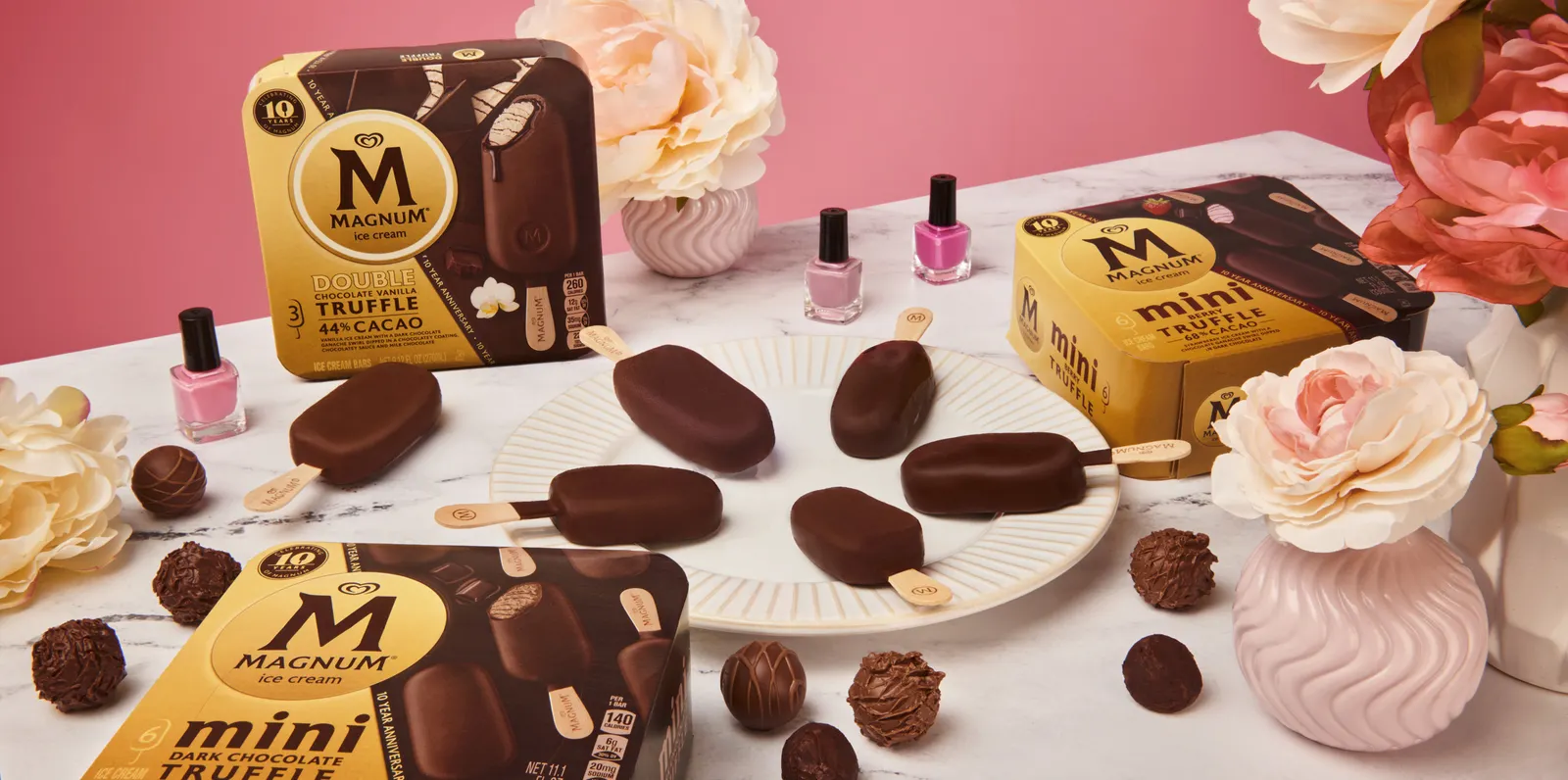
“It’s a new frontier. The focus will allow us to unlock a lot of the opportunities of what these brands are capable of,” Vortsman said. “We have the [ability] and the knowledge and the expertise to take indulgence to a different level. We’ll push ourselves to be more competitive in that space.”
Unilever, which nearly six years ago prioritized higher-end ice cream options to stand out from a glut of commoditized mainstream brands, has been able to increase the reach of its premium offerings to roughly 60%, an increase of 8.3% from 2019.
Magnum plans to continue focusing on premium brands but also push to grow sales by positioning its products to be consumed during other eating occasions throughout the day.
These other occasions include after a workout, or in the afternoon, where a healthier Yasso bar could be substituted for chips or chocolate. In the evening, cakes, cookies or other desserts could be replaced with Talenti’s Snickerdoodle Cookie or Italian Tiramisu.
Magnum could eventually decide to make a bigger play for the morning or other times of the day.
“It’s something that we’re always looking at. How do we break through in an authentic way to be part of that morning occasion?” Vortsman said. “We have the expertise to continue to evolve that space.”


